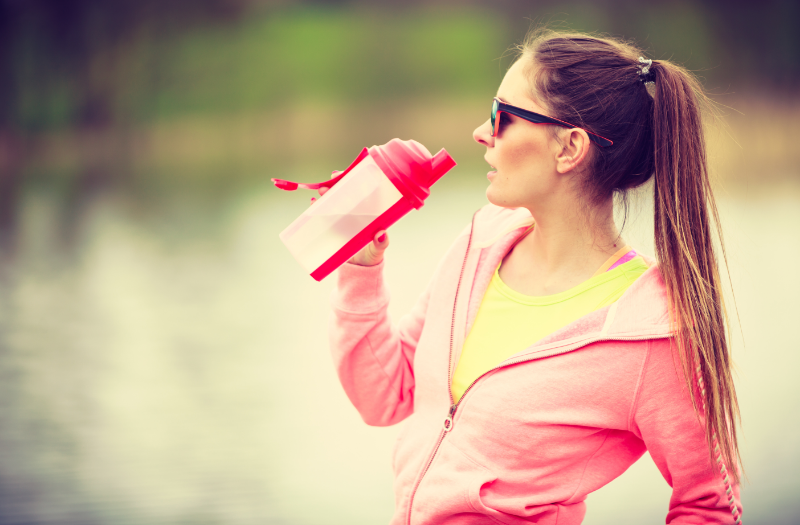Not to brag, but self care is kind of a big deal around here.
Just check out this. And this. And this!
UCA believes that active self care is critical to a life well lived and should be accessible to everyone.
Self care means making a conscious effort to support our own emotional, physical, and mental health.
And, for the most part, this can be achieved at no financial cost.
But there’s also nothing wrong with splurging on some self care gifts sometimes.
Below are 5 self care gifts for when we want to treat ourselves to something special.
- A Mental Wellness App Subscription
Remembering to practice mental self care can be tough. It may take a backseat to more visible forms of self care, like exercise and nutrition.
But the rise of mental wellness apps makes it much easier.
Most likely, we have our phones with us all day. Maybe the endless scrolling is even contributing to a lack of mental wellness.
Mental wellness apps allow us to set notifications that reminded us to take care of ourselves.
With a variety of options, from calming meditation to cognitive-behavioral therapy exercises, we’re sure to find something that fits our needs.
- A Fitness Membership
Exercise is key to a balanced existence. Without it, both our physical and mental wellbeing may suffer.
Many people find the gym to be a therapeutic place to release tension and chase endorphins. But it isn’t for everyone.
Perhaps it’s inaccessible, or maybe just an uncomfortable environment for some.
Luckily, there are many options that don’t require a gym or even leaving the house.
We can get memberships for online exercise classes like yoga, cardio and dance lessons.
Offline, we can join a sports team, hiking group, spin class, martial arts studio, etc.
- A Journal
Journaling is a safe way for us to release emotions. Writing things down serves a few useful purposes.
It reduces emotional clutter in our mind. Journaling frees up mental resources that would otherwise be spent processing our feelings. This promotes focus and relaxation.
Relatedly, it gives us an outlet. Suppression of emotions may be linked to increased risk for health problems. This includes high blood pressure, diabetes, heart disease, depression, and memory problems.
For this reason, a consistent journaling practice has been linked to a strengthened immune system.
Journaling also challenges us to write our experiences in a coherent series of events. This helps us zoom out and see our circumstances from a new perspective. Doing this helps us make sense of our feelings and what caused them.
- House Plants
For those of us who aren’t green thumb inclined, this suggestion may be more stressful than motivating.
However, research suggests that taking care of house plants can reduce both physical and emotional stress.
This is particularly true when compared to mental computer-based tasks.
A study showed that taking care of plants reduced blood pressure and increased calmness. On the other hand, completing a computer task raised stress and discomfort.
As many of us rely on computers every day (and even if not), taking care of house plants may be a good way to regulate stress.
It helps us slow down and focus on caring for something outside of ourselves.
- A Water Bottle
Obviously, we should try to avoid severe dehydration.
But even mild dehydration can negatively impact how we function.
A loss of less than 2% of our body’s water may lead to poor mood and focus, headaches, and decreased strength and endurance.
A water bottle is particularly useful when we’re on the go, as it lessens our chances of being without water for extended periods.
Check out our shop for a variety of water bottles (like this one) for all-day hydration.
Self care is an invaluable practice of patience, self compassion, discipline, and honest reflection.
And while not always necessary, sometimes it’s nice to splurge on self care items that will support our progress.
Sources
https://www.hcf.com.au/health-agenda/body-mind/mental-health/downsides-to-always-being-positive
https://www.ncbi.nlm.nih.gov/pmc/articles/PMC4419447/
https://www.healthline.com/nutrition/how-much-water-should-you-drink-per-day#effects

